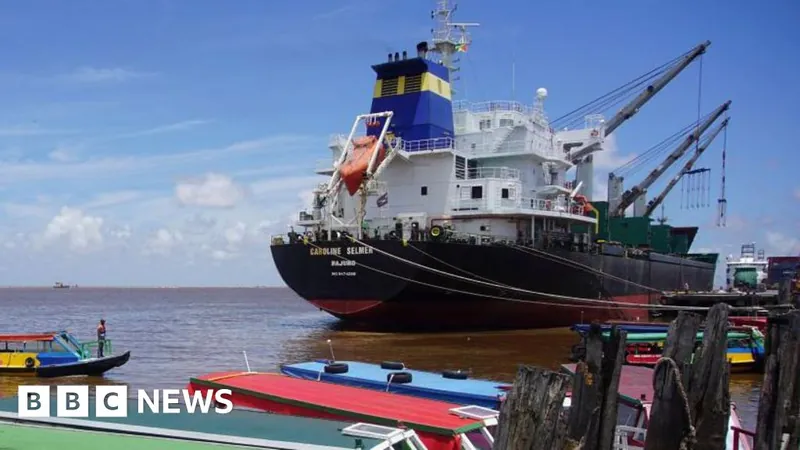
Is China's Influence Behind Guyana's High Tariffs?
2025-04-13
Author: Olivia
Guyana's Sigh of Relief Amid Tariff Tensions
In a notable reprieve, the Caribbean nation of Guyana has welcomed a 90-day suspension of increased tariffs imposed by former President Donald Trump. Previously facing an alarming 38% tariff on many exports, Guyana now sees that figure significantly reduced to 10%, aligning it with other nations—except Canada, China, and Mexico.
Geopolitical Chess: Guyana Caught in US-China Crossfire
But why was Guyana singled out for such harsh tariffs in the first place? Political analyst Francis Bailey suggests that Guyana is entangled in a geopolitical power struggle between the US and China. The US government has expressed concern over China's growing presence in Guyana, which has attracted billions in investments in infrastructure, healthcare, and development projects, notably a vital bridge linking Georgetown to the Demerara-Mahaica region, currently under construction by a Chinese firm.
The US Perspective: Interests Aligned with Guyana's Exports
Despite the tariffs, the US has continued to purchase key exports from Guyana, such as crude oil, gold, and bauxite, which are exempt from the tariffs. Still, the proposed tariffs would have disproportionately impacted the fishing and sugar industries—further increasing financial pressure on the country as it navigates the threats from its aggressive neighbor, Venezuela.
Economic Ripple Effects Felt Across the Caribbean
While tariff reductions offer some relief, the overall economic landscape remains precarious for Caribbean nations. With many islands relying heavily on imports from the US—up to 70% of consumer goods—Americans' tariffs on Chinese imports could drive prices up across the board, as costs inevitably trickle down to the region's consumers.
Local Voices: Businesses Brace for Impact
Interior designer Carissa Warner from Antigua and Barbuda highlights the serious concerns among local businesses. With 70% of her materials sourced from the US, she worries about project delays and rising costs. "I'm deeply concerned about food prices," she explains, as she explores growing her own vegetables.
A Call for Strategic Adaptation
Leaders across the Caribbean, including Antigua and Barbuda's Prime Minister Gaston Browne, are calling for citizens to support local products while urging governments to reassess import duties, which significantly influence prices in the region. It’s a complex situation where dependence on US imports hasn’t allowed for diversification into other markets, as Ambassador Sir Ronald Sanders points out.
Future Strategies: Building Resilience in Caribbean Trade
Mia Mottley, chair of the intergovernmental CARICOM group, stresses the need for Caribbean nations to band together to tackle the fallout from these tariffs. "This trade war will lead to higher prices for all of us," she cautions, advocating for enhanced agricultural production and manufacturing efforts within the region. Reinforcing ties with countries in Africa, Central and Latin America, as well as Europe and Canada, is critical for a sustainable economic future.
In a recent plea to the US, Mottley reiterated the Caribbean's supportive stance, stating: 'We are not your enemy. We are your friends.' As economic pressures mount, the call for unity and resilience grows louder across these small island nations.





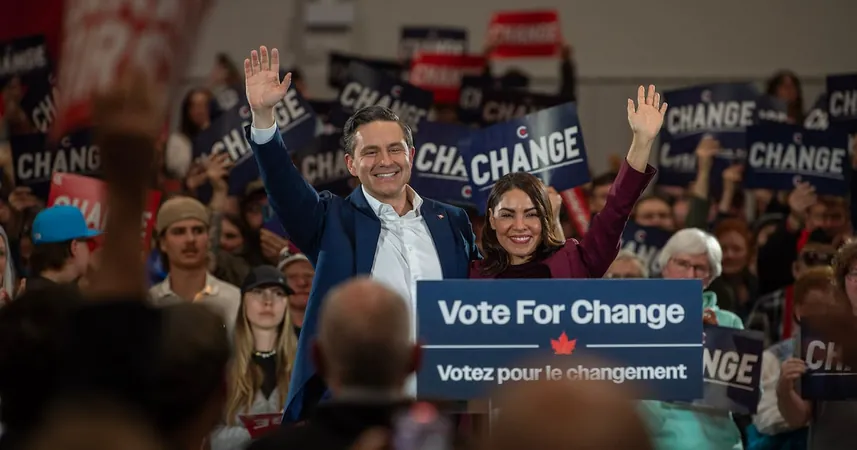
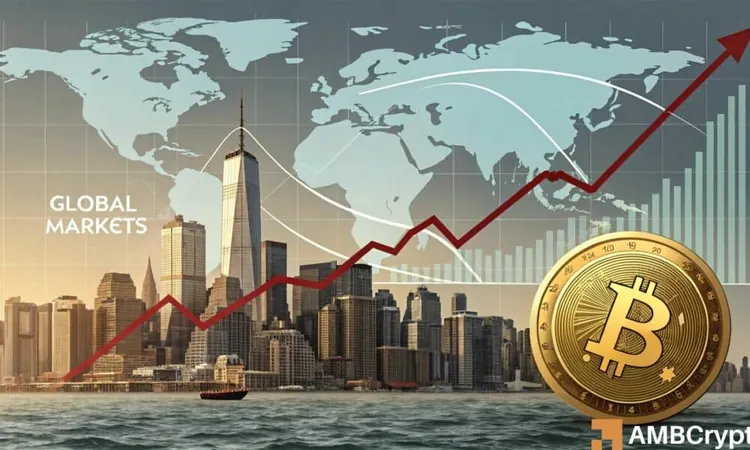
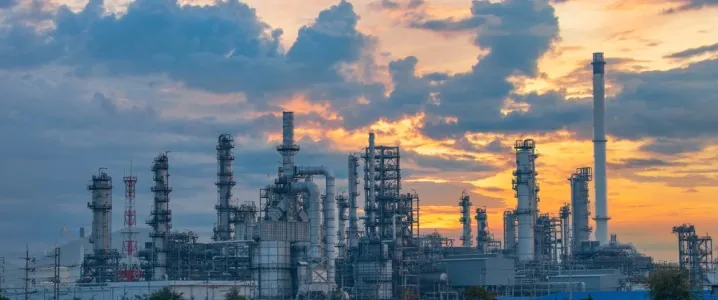
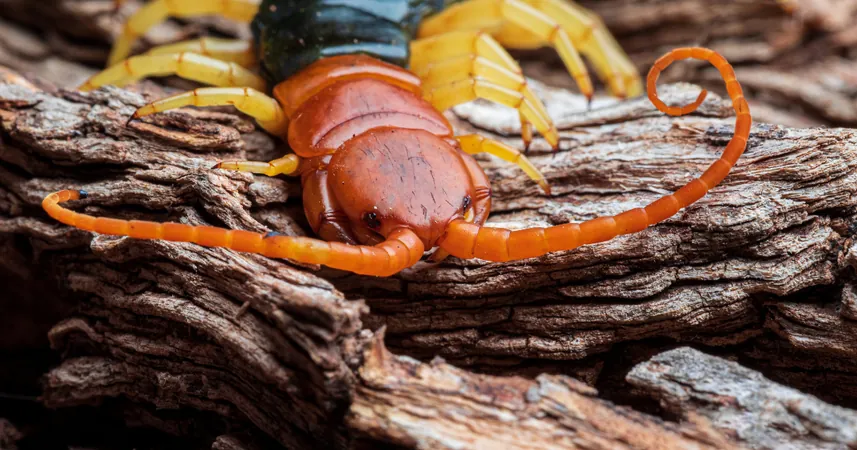
 Brasil (PT)
Brasil (PT)
 Canada (EN)
Canada (EN)
 Chile (ES)
Chile (ES)
 Česko (CS)
Česko (CS)
 대한민국 (KO)
대한민국 (KO)
 España (ES)
España (ES)
 France (FR)
France (FR)
 Hong Kong (EN)
Hong Kong (EN)
 Italia (IT)
Italia (IT)
 日本 (JA)
日本 (JA)
 Magyarország (HU)
Magyarország (HU)
 Norge (NO)
Norge (NO)
 Polska (PL)
Polska (PL)
 Schweiz (DE)
Schweiz (DE)
 Singapore (EN)
Singapore (EN)
 Sverige (SV)
Sverige (SV)
 Suomi (FI)
Suomi (FI)
 Türkiye (TR)
Türkiye (TR)
 الإمارات العربية المتحدة (AR)
الإمارات العربية المتحدة (AR)